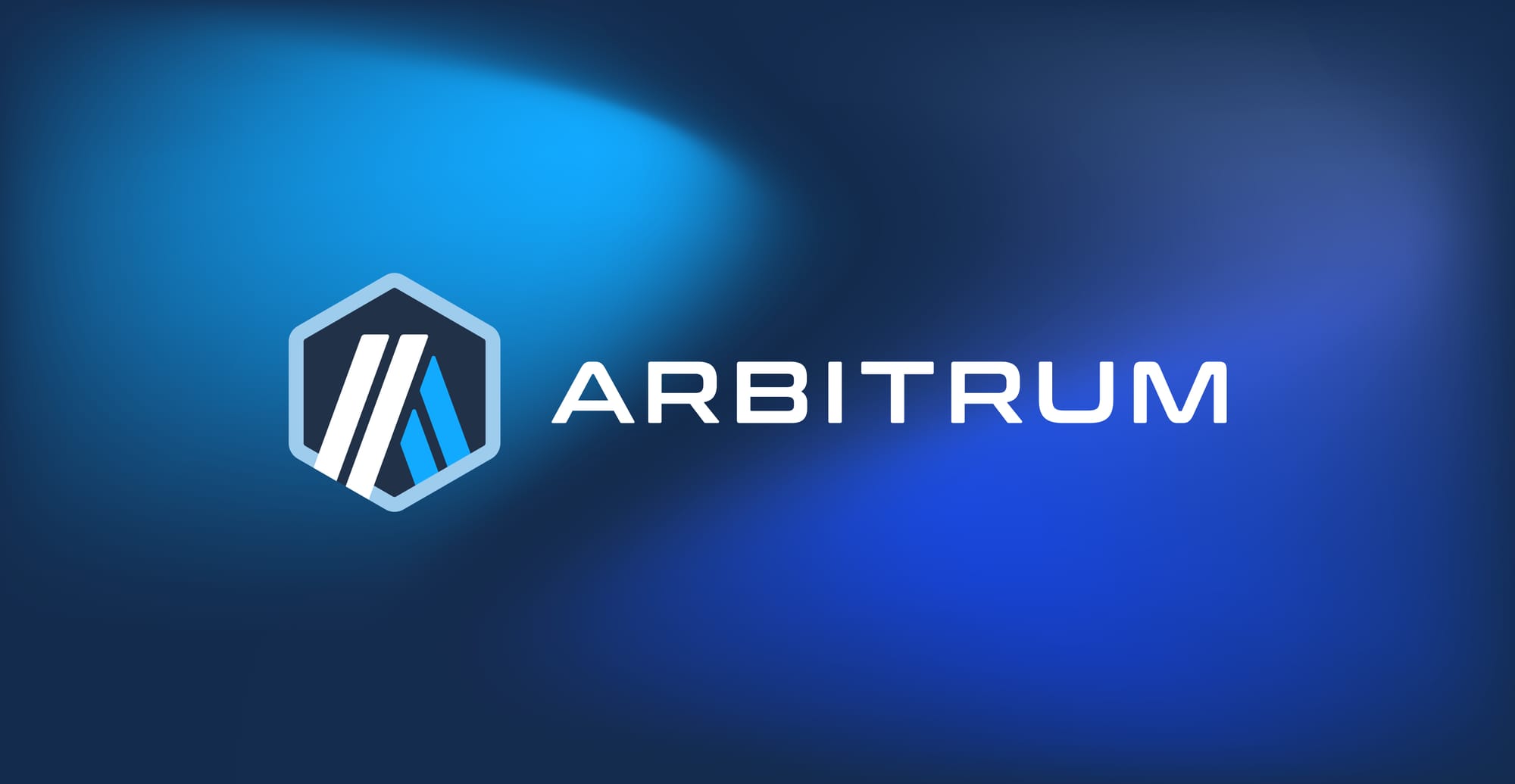How x402 is Building the “Wallet” for the AI Web
For thirty years, the internet has had a bug. It wasn’t a code error or a security vulnerability, but a missing piece of the foundation. In 1994, the architects of the web created a status code—HTTP 402 Payment Required—but they never finished building the technology to make it work.
Without a native way to send money over the internet, we built a web fueled by ads and data tracking. This worked for humans, but a new actor is entering the chat: Artificial Intelligence.
